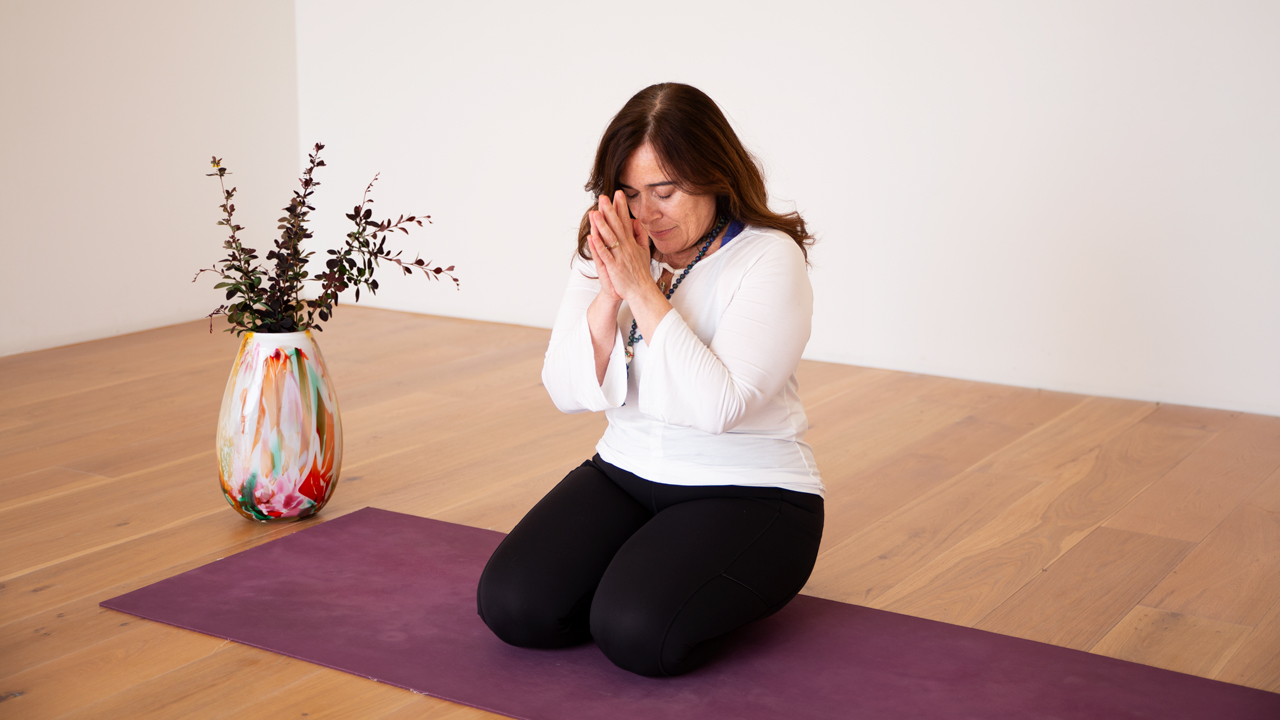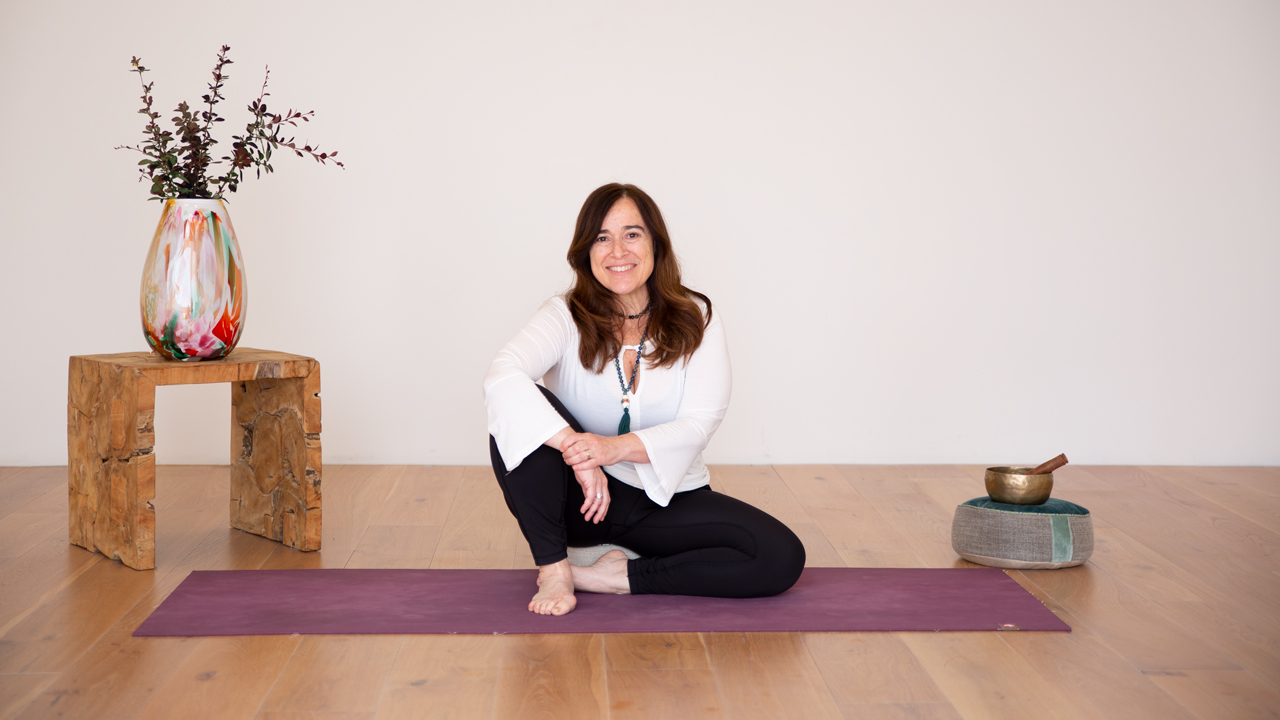What is yoga?
Yoga is not a theory but a practice; a method of self-work with the end goal of self-realization and transcendence. It must, therefore, be experienced.
The practice of yoga (and I don’t mean solely the practice of yoga poses) is more or less the opposite of what we experience in the material world, where we are obsessed with results, and we want them as fast as possible. Instant gratification is very addictive, and nowadays, if something does not yield the results we desire very quickly, we often lose interest or give up.
In yoga, gratification may be a long time coming and we may need to invest huge amounts of time, energy and effort before we experience the results.
In the Bhagavad Gita, we are repeatedly told that we should let go of any expectations and attachments to results. However, for most of us this is simply too difficult and too vague; we have things to do and places to be.
Filling the emptiness
And yet the truth is, there is a hunger inside of us that cannot be satisfied with all the fine cuisine and Michelin stars in the world; a thirst that no wine can quench; a longing that no external experience – be it fame, money, sex or looks – can satisfy for very long. So we keep coming back for more, because the emptiness those experiences leave in their wake is too much to bear.
According to yoga, this emptiness cannot be filled with anything material. We need to become familiar with a whole different aspect of our being; something made of different stuff, something that needs care, nourishment and effort to be revealed.
But how do we learn this? It is not taught at school, or stimulated by our environment or social circles. And even with the best of intentions, it is so, so hard, and the results may seem so far away…
What truly matters
That’s why we need theory to underpin our yoga practice. We need a philosophy that reminds us of what truly matters; that motivates and inspires us to come back to the practice every day. Yoga philosophy helps us connect to what is deeper and truer inside of us; those aspects of our being that are normally not acknowledged or honoured by our daily activities.
Yoga philosophy helps us invest in something remote because it is still relevant today. Ancient yogis who have walked this road before left us maps and clues, and the stories they tell vibrate as true and wonderful inside of us. We can take this theory and dive back into the practice, and go back to theory when needed. Slowly, both aspects feed each other and bring out the best in us.
I’m not attempting to give you an academic education in yoga concepts. In any case, I believe that yoga philosophy cannot be understood with the intellect alone. These concepts cannot be grasped fully without a resonance in the heart, without an experience of truth that is undeniable.
The space for ideas
I am not a scholar but a sincere practitioner. I am committed to this path and trying to walk it as authentically as I can. Yoga philosophy has brought me comfort, inspiration, motivation, joy and has expanded my consciousness in ways I could never have imagined possible.
Yoga philosophy has brought me comfort, inspiration, motivation, joy and has expanded my consciousness in ways I could never have imagined possible.
I hope to be able to share that with you, in whatever way possible. As my teacher Paul Grilley says, “if a theory inspires you to practice, it is a good theory – if it doesn’t, it is not.”
For this purpose I’d like to ask you to open your mind to these ideas without prejudice. You can throw it all away later, but to be able to explore yoga philosophy we need to be able to talk about things like reincarnation, karma and the divine without having to apologize every time.
You don’t need to ‘believe’ anything, or to come to any concrete conclusions; just see if you can find the space within you for these ideas as possibilities.
As Yuval Harari said: “questions you are not able to answer are often much more beneficial to you than answers you are not able to question”.
Learn more about yoga philosophy with Anat
In this brand new EkhartYoga Academy course, Anat Geiger introduces the The Yoga Sutras of Patanjali – which offer lessons on the purpose of yoga beyond the asanas (poses), as a road towards self-realization.
Related
- The 8 limbs of yoga – an overview
- Applying yoga philosophy to asana practice and beyond
- Why do we meditate? – class with Anat


